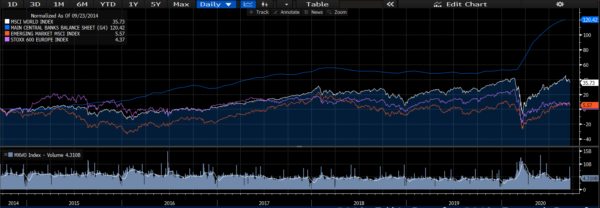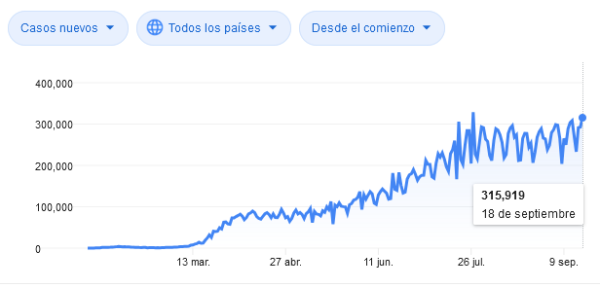
The main central banks have been discussing the idea of implementing a digital currency. The rationale behind it escapes many citizens. Most transactions in the main global currencies are conducted digitally and one could say that the largest and most traded currencies, the US Dollar, Euro, Yen, British Pound, Swiss Franc, and the Yuan are already functioning as mostly digital money.
So, what are central banks saying when they talk about a new and different digital currency? It is basically another step in the effort to gradually get rid of physical currencies, with an idea of strengthening control of the payments and make it simpler to trace the use of a particular means of payment. It is also aimed at competing with global cryptocurrencies. Most will state that the reasons behind the idea of a central bank digital currency are efficiency and improving the transmission mechanism of monetary policy.
Continue reading Central Bank Digital Currency, A Growth Or Financial Repression Tool?

